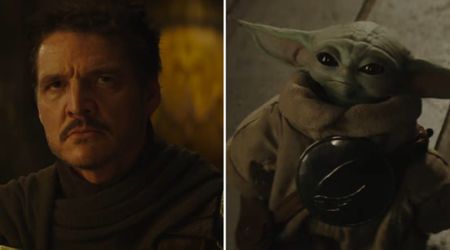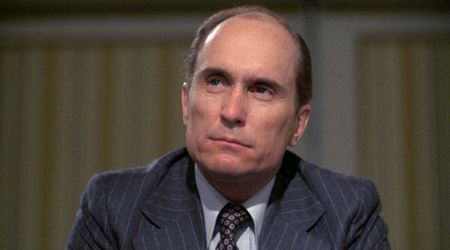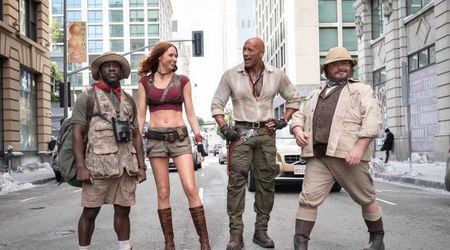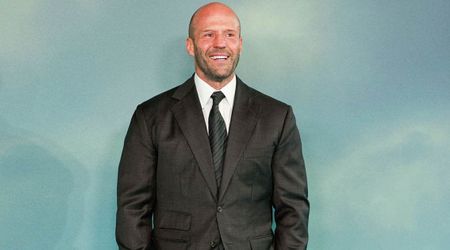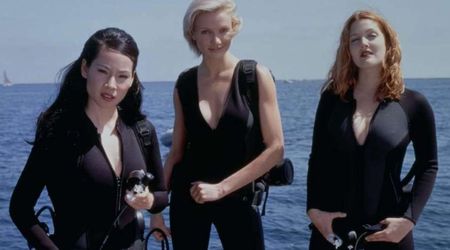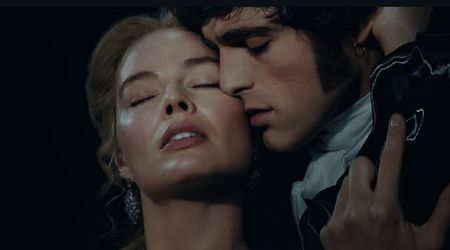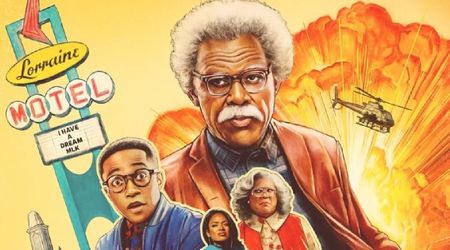'They Shot the Piano Player': The mysterious and tragic real-life story of Francisco Tenorio Junior

RIO DE JANEIRO, BRAZIL: Fernando Trueba and Javier Mariscal's directorial 'They Shot The Piano Player' is finally hitting the theatres on Friday, February 23.
The animated docu-drama that made it to the Toronto International Film Festival revolves around the mysterious disappearance and presumed murder of Brazilian pianist Francisco Tenorio Junior in 1976.
Tenorio Jr was considered one of the best pianists of his generation who went out to buy cigarettes one night and never returned.
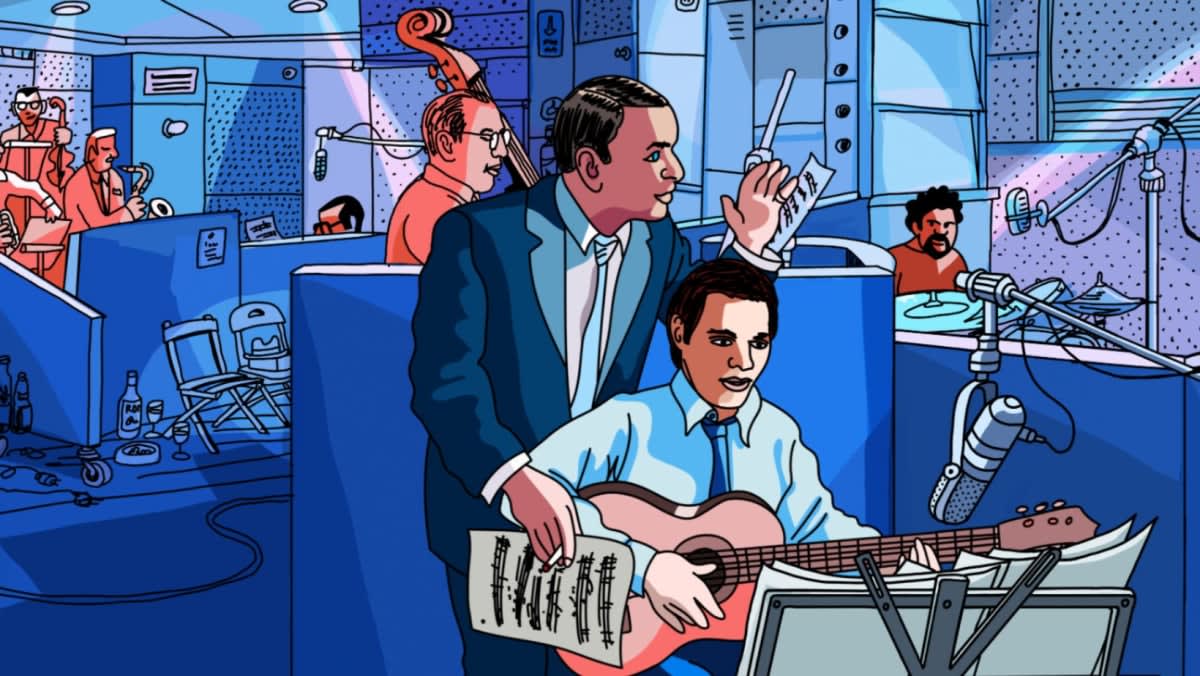
The mysterious disappearance of Francisco Tenorio Junior
Following a 1976 performance in Buenos Aires, Francisco Tenorio Junior, alongside renowned musicians Vinicius de Moraes and Toquinho, extended their evening at the Normandie Apart hotel on Rodriguez Pena 320.
At three o'clock in the morning, Tenorio decided to step out to buy cigarettes as there were some kiosks that remained open 24x7.
“I'm going to buy tobacco,” Tenorio said before leaving, as per Infobae. However, he never returned.
According to an Infobae report, as Tenorio approached a kiosk, he was confronted by a group of four armed men who emerged from a Ford Falcon, forcibly taking him away.
Speculations arose that he might have been mistakenly targeted by the dictatorship's security forces, presumed to be an Argentine "guerrilla," leading to his abduction, imprisonment, torture, and tragic execution.
Infobae describes Tenorio as a skinny man, with a beard and long hair that matched the stereotype image of the left-wing militant.
During this period, Amnesty International highlighted the escalating cases of disappearances and torture in Argentina.
The organization's 1976 report mentioned the "number of people in Argentina who, over the last two and a half years, have disappeared or have been abducted. The estimates range from 3,000 to 30,000, but the figure most frequently quoted is about 15,000."
The report further said, "The usual course of events, it appears, is for someone to be dragged from his home at night by men who identify themselves as agents of the police or of the armed forces; when relatives proceed to make inquiries, by asking at the local police stations or barracks, and perhaps eventually filing writs of habeas cor us, they receive no information or help."
What happened to Francisco Tenorio Junior?
Alchetron quotes singer Elis Regina's 1979 interview with Folha de S. Paulo that Tenorio had been seen in jail in La Plata City. Her revelation fueled investigation by several journalists and Argentina's CONADEP and it was found out that Tenorio was indeed a victim of Argentina's State-sponsored terrorism during the 70s.
Claudio Vallejos, a former corporal, disclosed to a magazine that Tenorio Jr. had been apprehended by a military patrol and imprisoned at the notorious ESMA (Navy Mechanics School).
Stella Calloni, in her book "Operación Condor: Pacto Criminal," asserted that Tenorio Jr. was tortured by Brazilian and Argentine officials, implicating figures like Brazilian Army major Souza Vieira Baptista and the infamous Alfredo Astiz, a former captain of the Argentine Navy.
Tenorio Jr. was executed nine days after his arrest, leaving behind his wife Carmen Cerqueira Magalhaes, who was pregnant at the time, and four children, with a fifth child born a month after his disappearance. Francisco Tenorio Jr. was 34 years old.
Francisco Tenorio Junior's tragedy comes to life in 'They Shot the Piano Player'
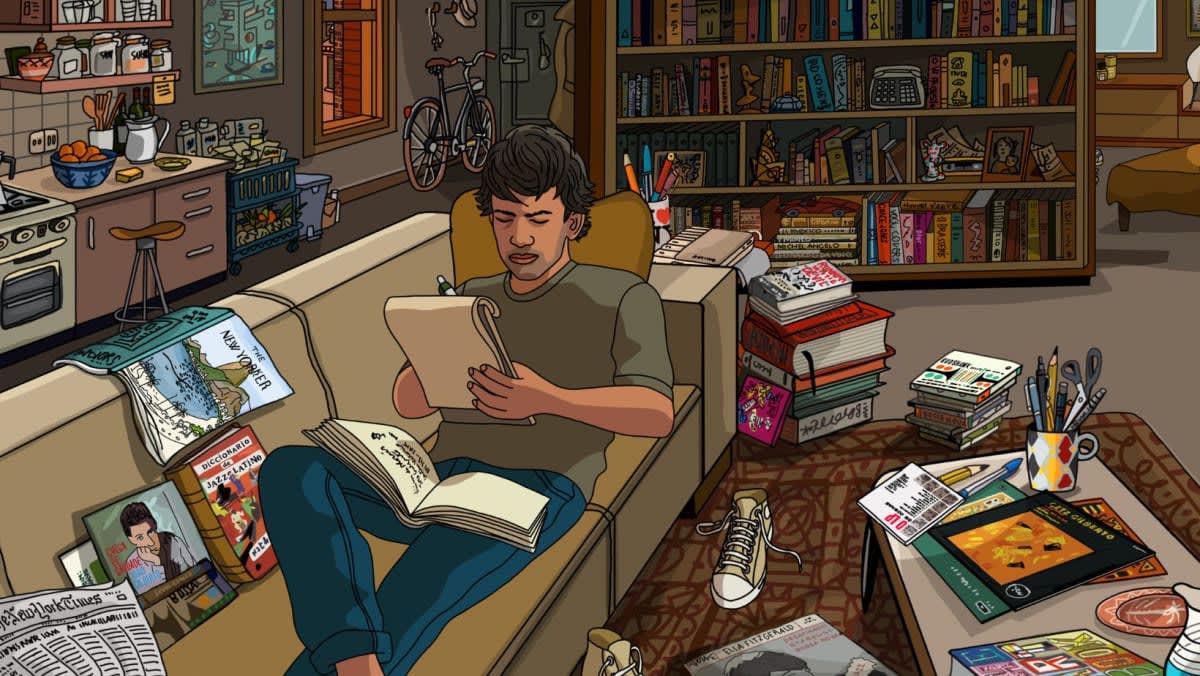
The adult animated feature film revolves around the fictional character of a New York City journalist named Jeff Harris, voiced by Jeff Goldblum, who documents the story of Tenorio's career and tragic death.
The official synopsis reads, "A New York music journalist goes on a quest to uncover the truth behind the mysterious disappearance of young Brazilian piano virtuoso Tenorio Jr. A celebratory origin story of the world-renowned Latino musical movement Bossa Nova, 'They Shot The Piano Player' captures a fleeting time bursting with creative freedom at a turning point in Latin American history in the 60s and 70s, just before the continent was engulfed by totalitarian regimes."

